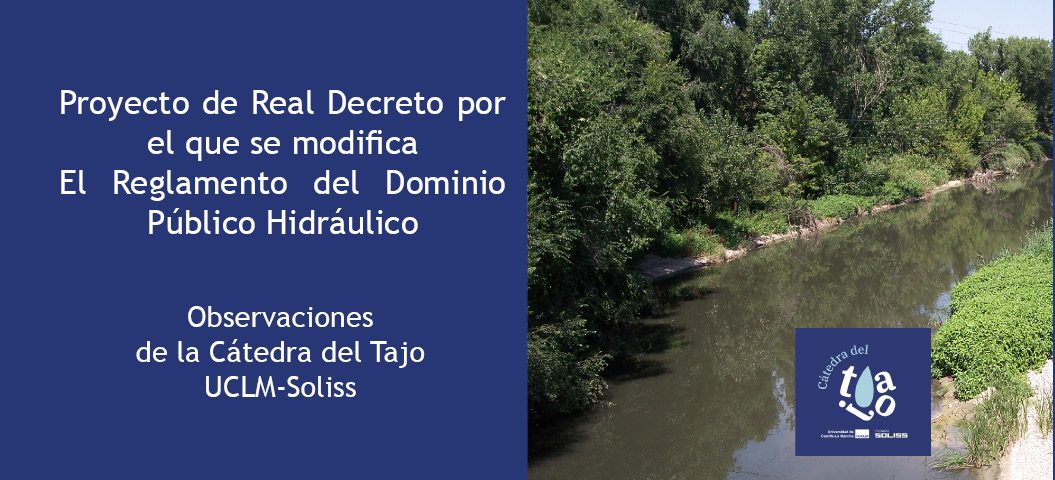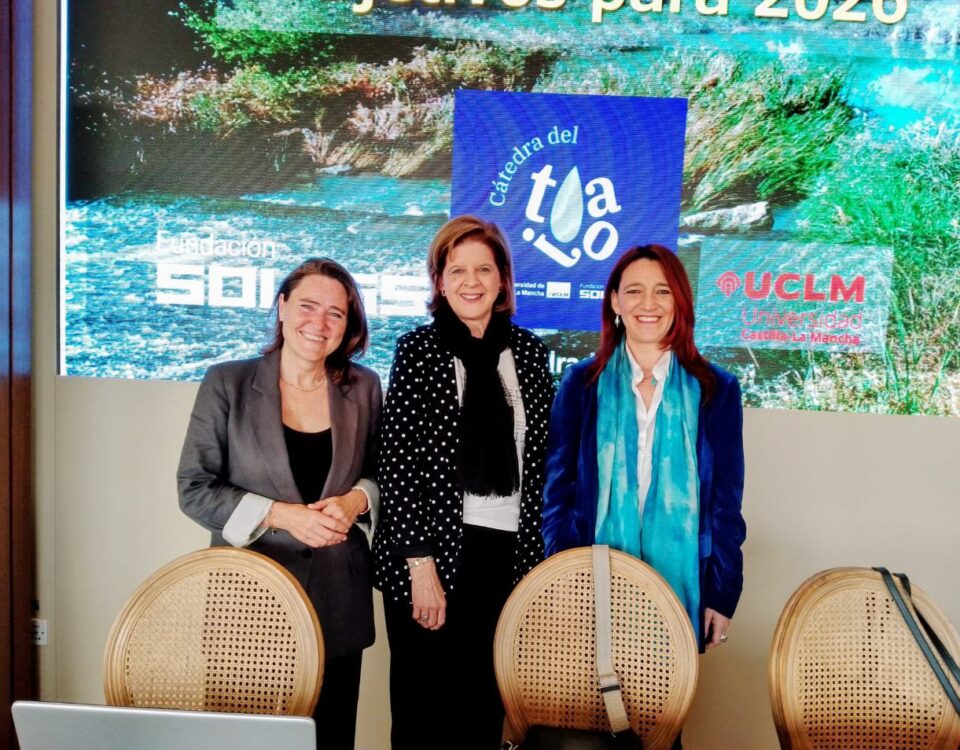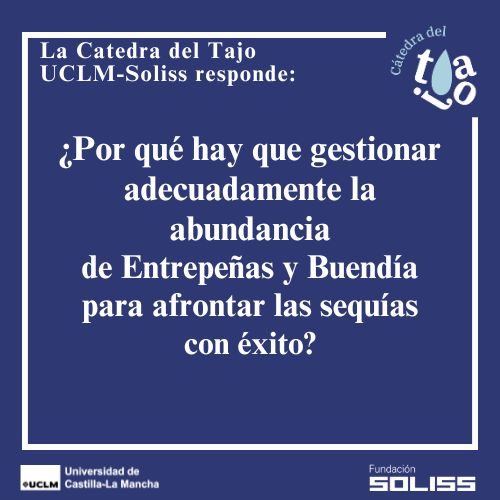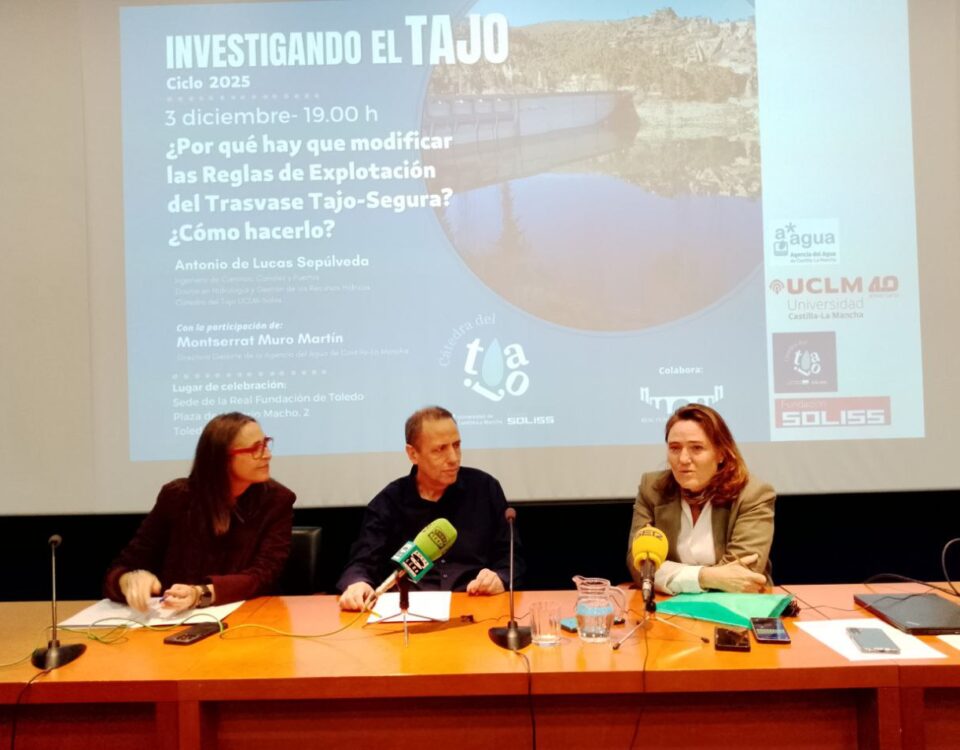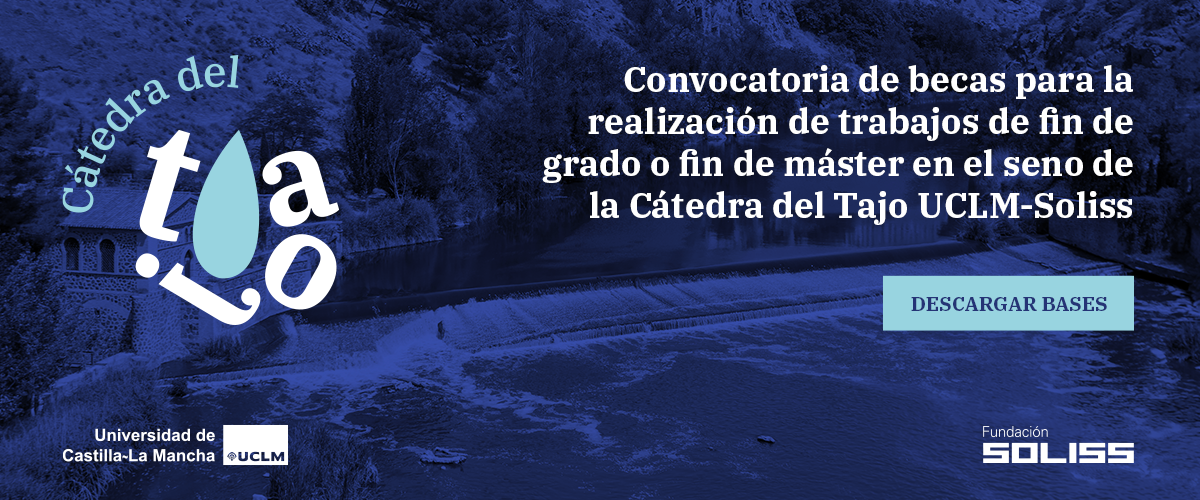
The UCLM-Soliss Tagus Chair announces two scholarships for TFG and TFM
28/09/2022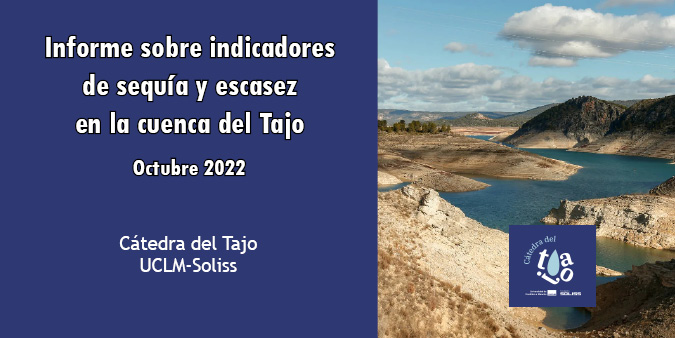
Drought and shortage report for October: the headwaters of the Tagus continue in prolonged drought
27/10/2022The Tagus Chair UCLM-Soliss Document access which was carried out last September, within the public information period, at PROJECT OF ROYAL DECREE WHICH MODIFIES THE REGULATION OF THE HYDRAULIC PUBLIC DOMAIN. This regulatory document is of special importance in that it regulates the uses and activities that can be carried out in the river space and establishes the measures for its conservation, protection, surveillance and control.
Como indica el Ministerio para la Transición Ecológica y Reto Demográfico, la necesidad de actualizar el RDPH tiene su causa, «tanto para fomentar el buen estado de las aguas continentales y en especial, se debe asegurar y fomentar el uso sostenible de las aguas subterráneas, simplificar la tramitación administrativa, fomentar su digitalización, luchar contra la contaminación difusa, favorecer las labores de extición de incendios forestales y su recuperación ambiental, etc».
Given that the document was made public during the holiday period (July 21 to September 2, 2022), the difficulties in carrying out a thorough review of the DR project have been evident. It would have been the intention of the UCLM-Soliss Tagus Chair to carry out a more in-depth analysis of the modification project, given the importance it has in the conservation and improvement of rivers.
From the UCLM-Soliss Tagus Chair, a series of observations have been made on the following issues:
- simplification of the responsible declarations procedure, which reduces the possibility of social control over actions in the river space
- expansion of cases in which the authorization is replaced by the responsible declaration, lo que reduce el control administrativo sobre actuaciones sobre el ecosistema fluvial (cortas, plantaciones, «limpiezas»).
- possibility for individuals to carry out productive woody and non-woody crops in the public hydraulic domain. This can mean even greater occupation of the river space by human activities, potentially generating deterioration. Productive crops are uses outside the DPH that already have their place in adjacent areas.
